Mary
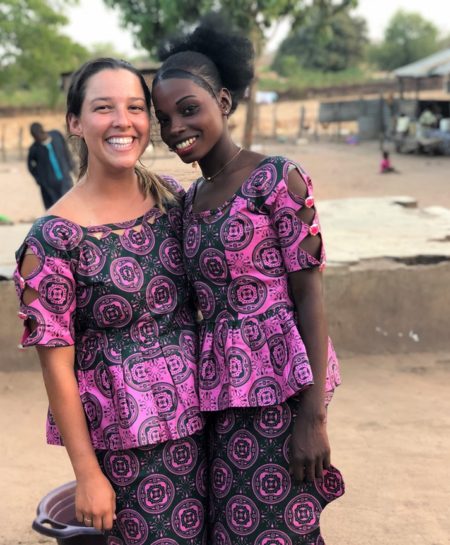
During my two years here I have had the opportunity to meet some exceptional PCVs, and I wanted to feature a few more before I complete my Peace Corps Experience blog. Mary Franke is a Health Volunteer posted in the Lower River Region (LRR). She was born and raised in Kansas City, Missouri. She received her bachelor’s from Marquette University in Milwaukee, WI and a Master’s de.gree in Social Work from the University of Kansas (KU). She has taken a lot of photos and let me share her stories, some about subjects I haven’t covered before.
Enjoy!
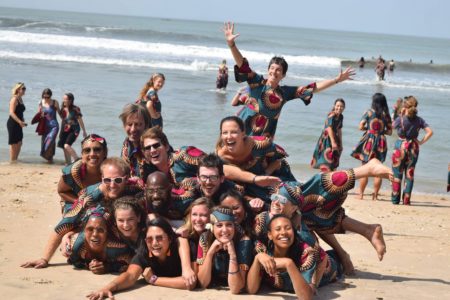
Mary’s Story
Why Peace Corps? I wanted to enhance the way I interacted with the world and the people in it. I was seeking fulfillment through an extreme challenge and a perspective shift.
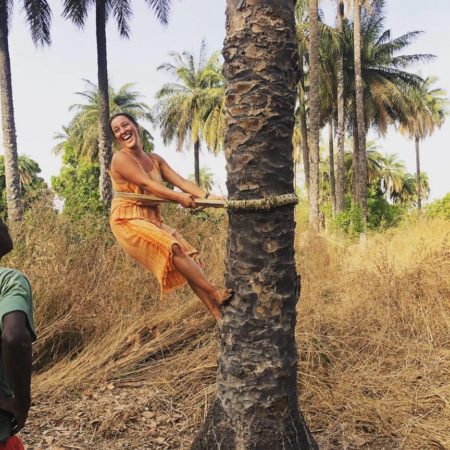
I am 26 years old, one of 6 children, in a long-distance relationship and have officially been in The Gambia for one year! I am a health volunteer, however most of my work is in agriculture. I seek out adventure, advocate for healthy living and strongly believe in having a laugh of the day. I enjoy taking photos and hope that I can share some aspects of Gambian culture with you through the lens. Moving from a big city (Kansas City) to a rural village in West Africa has had its challenges, but has brought so much reflection.
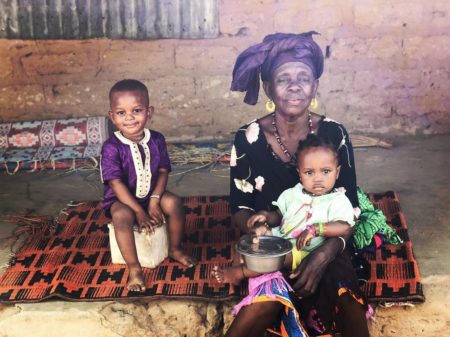
Mary was given the Gambian name Kadijatou, and she shares that name with her training village host Grandmother, who gave her blessings every morning while she was living in the compound.
Beyond Black & White
We humans are constantly categorizing people, places and things and registering them in different silos. We have divided the ONE world we live in and created separations that divide us and make people feel more disconnected from one another. Think “first world” and “third world.” Why have we created so many divisions?
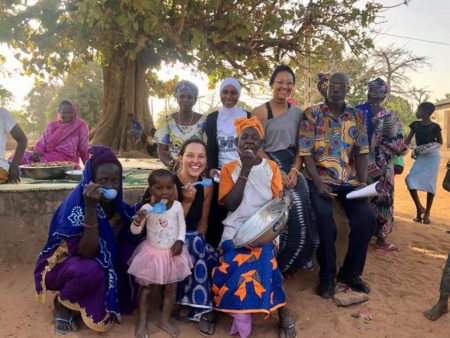
It is important to recognize that no matter which country you are living in or how the human race has categorized it, places are not all good or all bad. Positives and negatives share the same space. For example, in America, there are secure driving laws and increased food security but there are also high numbers of homeless people and generally speaking people are very protective over their own things. Here in The Gambia, I have never seen a homeless person and people are constantly sharing with one another but there are very insecure driving regulations and low food security. You see how each country can have good and bad at the same time?
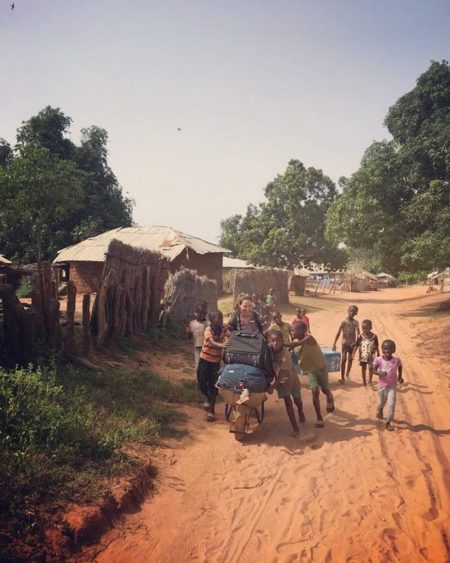
In his book Factfulness author Hans Rosling states that the world is both bad and is getting better. In a nutshell, good and bad co-exist. You don’t have to choose if something is all good or all bad. The important thing is to let the bad motivate you to create more good.
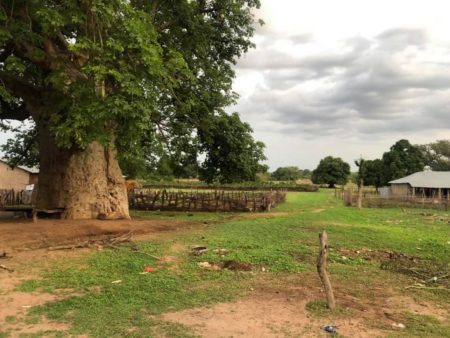
The same goes with how I look at my Peace Corps experiences so far, it is not all good or all bad. It has been a learning opportunity and continues to be so. I feel very fortunate for the energy in my village located in the LRR. While there have been hardships and difficulties with differences in cultural values, this past year has been filled with motivated counterparts and I have a long to-do list for my second year in village. All in all, being a PCV has expanded my worldview and encouraged me to look a the grey in between, beyond just good or bad, black or white.
Work Hard, Play Hard
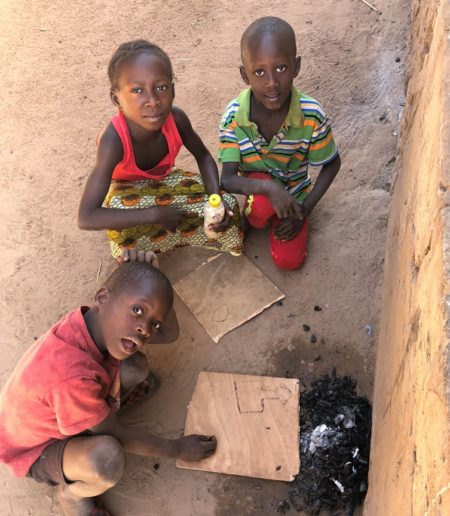
In village, the way I view the children has totally transformed from a perspective of pity and concern to one of beauty, creativity and resilience. I keep observing snapshots in time where I think “Wow, this is going to be the future fond childhood memory for this child.” When I think of my favorite childhood memories, I think of huge neighborhood rollerblade hockey games we would play in the street, jumping on the trampoline, watching movies on the porch and calling it a “drive-in”, water balloon fights, swimming in the tank, collecting cicada shells, 4th of July festivities, playing pretend in the attic and riding the tandem bike!
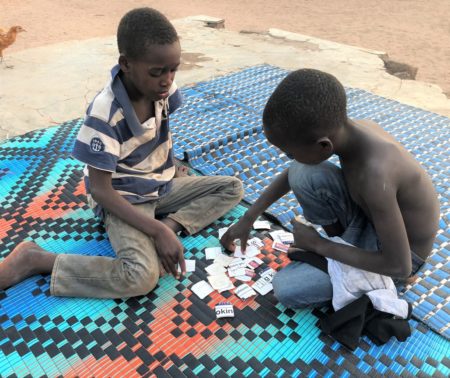
Here in The Gambia, I am observing (and participating) in childhood memories. Children play in the wells and have water fights. They steal from the old man’s garden and get chased but outrun him (most the time). They go through the trash and find things to recreate games (like creating “memory” by tearing up an empty cigarette pack and drawing symbols on the back). They bowl using old milk cans and put dirt in a sock for the ball. They pick mangoes, play dodge-ball with old sandals. They kill birds and then cook the birds and have a little BBQ. They play soccer and “jax” with rocks and peanut shells. They play in a giant sandbox all the time and make drawings with charcoal. The children have so much fun and freedom and are so resourceful.
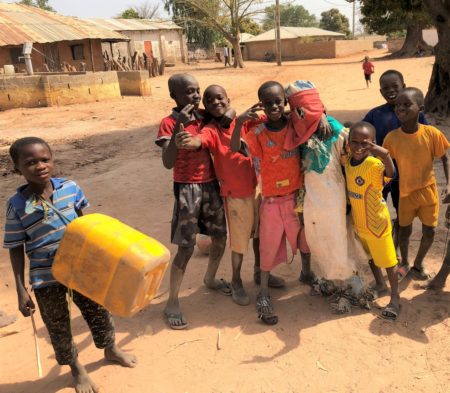
Children also put in so much work to help support the family. They fetch firewood and water and do the laundry (starting young around age 4). They help cook and help pound food. They sweep and run to go get food items from the “bitik” which is the neighborhood shop. They help tend to the animals and assume household responsibilities.
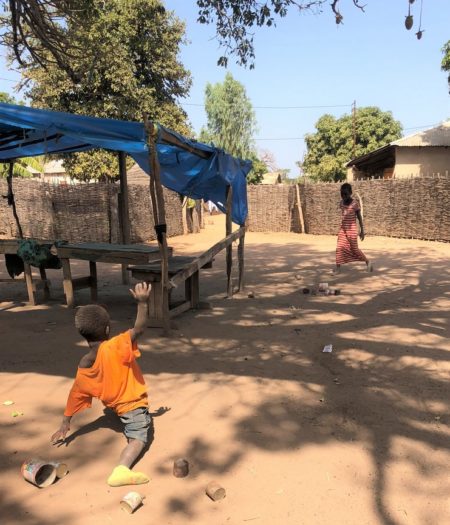
Gambian children work hard and play hard. Children are children no matter where you are and it has been beautiful for me to see children who are surrounded by friends and helping raise one another.
Fishing
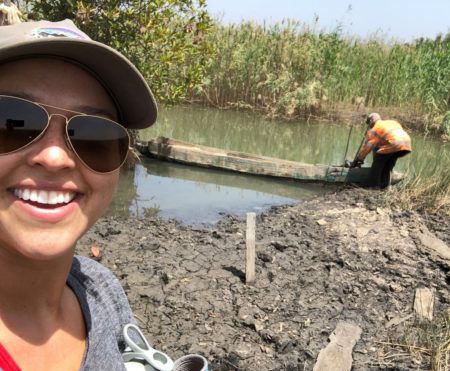
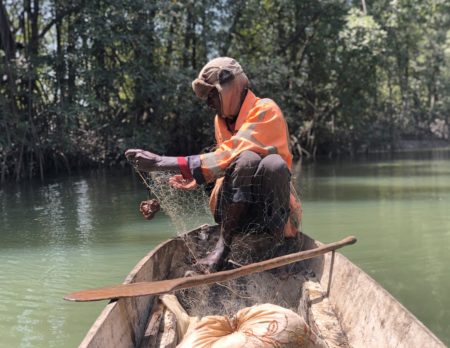
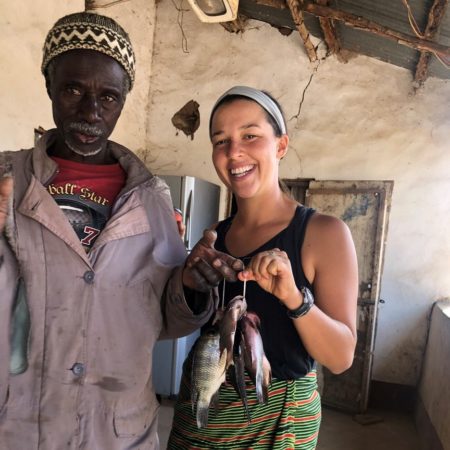
Fishing helps bring both food and income into our village, which is situated very close to the River Gambia. The alkalo, a Gambian village chief, took me fishing and it was such a great experience to be practicing my Fula language in his hand-built canoe and learning new fishing techniques. Fishing was one of my favorite adventures.
Traditional Clothing
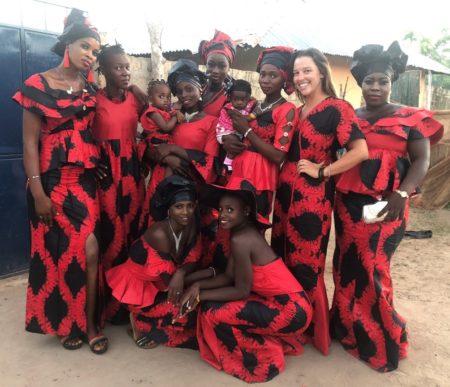
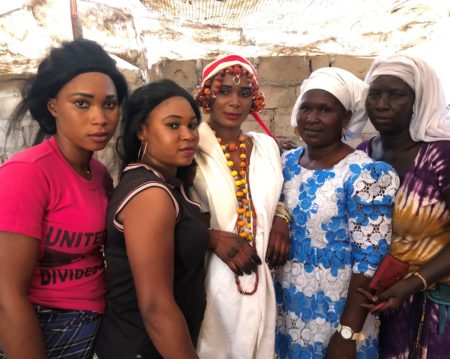
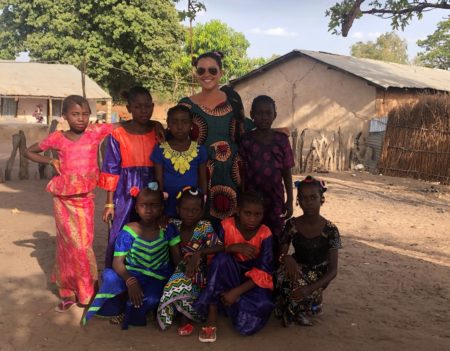
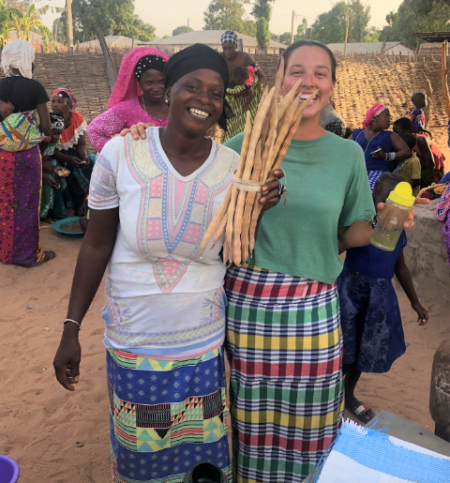
I am the first PCV to be living in my village. One important Peace Corps goal is to have volunteers learn about and participate in the local culture and traditions. One custom is for community members to buy matching outfits, called asobi’s, to wear to a wedding. The Fula bride wears a traditional dress and head piece for her ceremony. We also get new clothes made for religious holidays, which is how they expand their wardrobes. I enjoy embracing the local fashion customs, because it’s a lot of fun to dress like a Gambian.
Moringa Powder
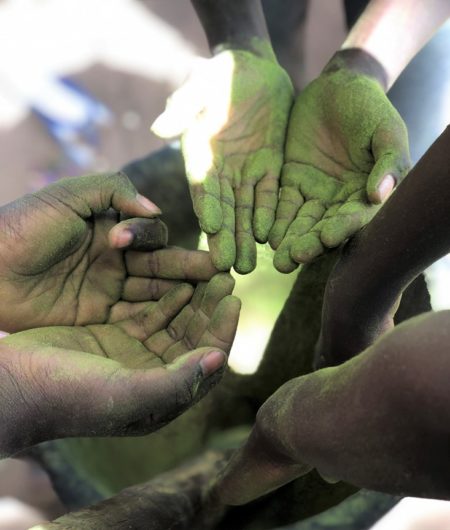
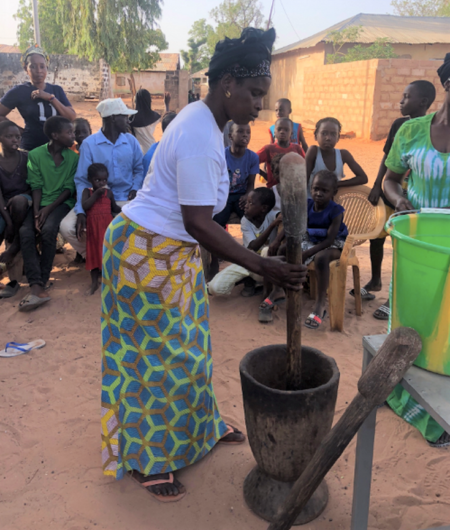
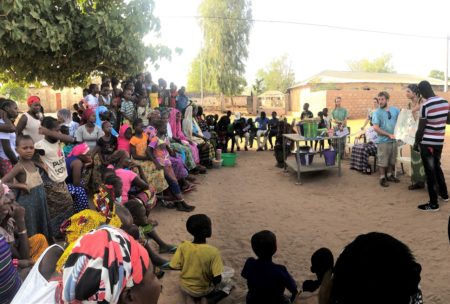
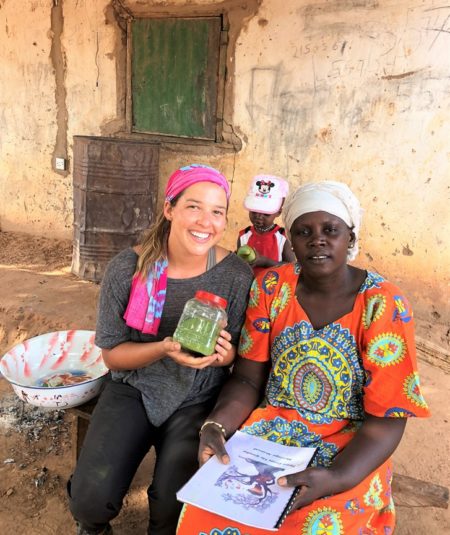
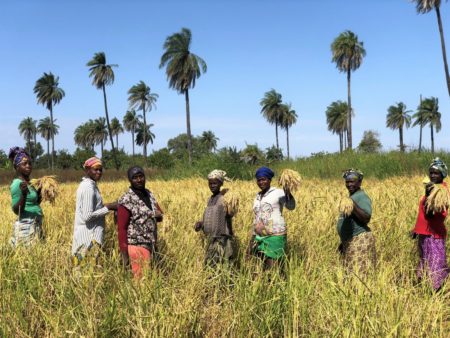
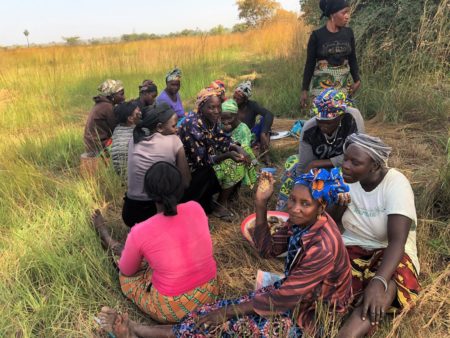
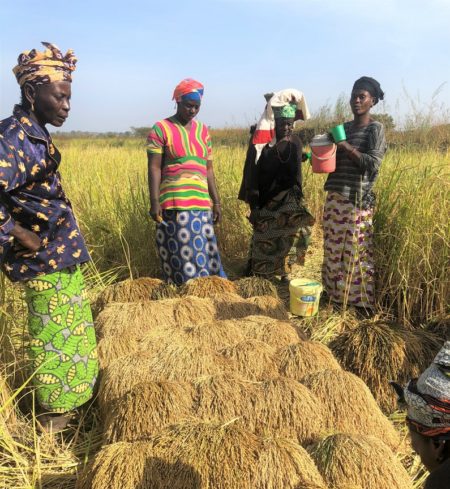
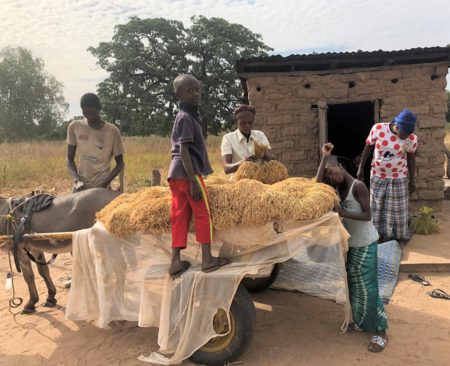
Rice cultivation in my community is the main source of food and income for the village. The women will take turns going to one another’s fields. Whoever owns the field will provide lunch. Women will go from dawn to dusk and take breaks during hot peaks of the day. The sense of community in the fields is powerful. The women will break into traditional song and dance. I have seen the women both joke, wrestle, have serious conversations and comfort one another. In my opinion, the fields are a place of hard work and community bonding.
Drying Mangoes
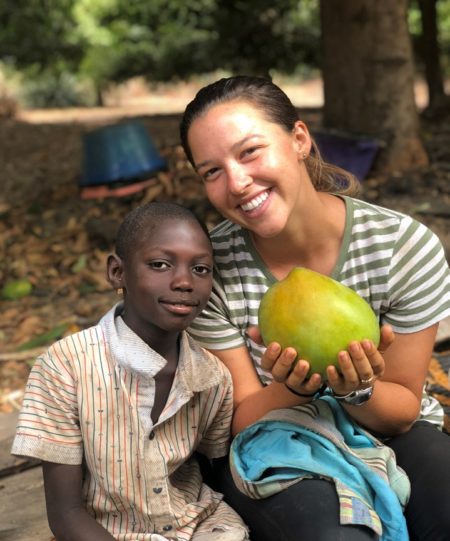
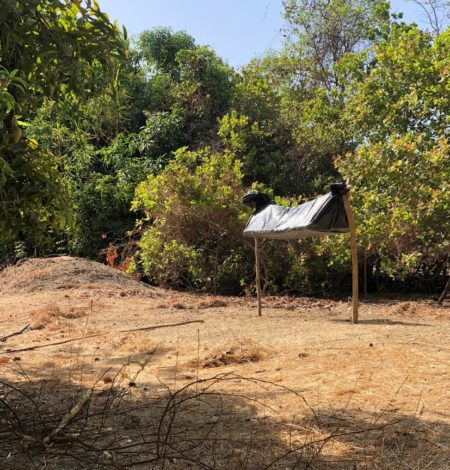
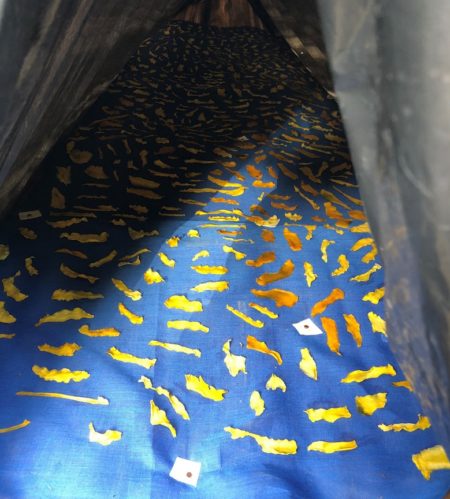
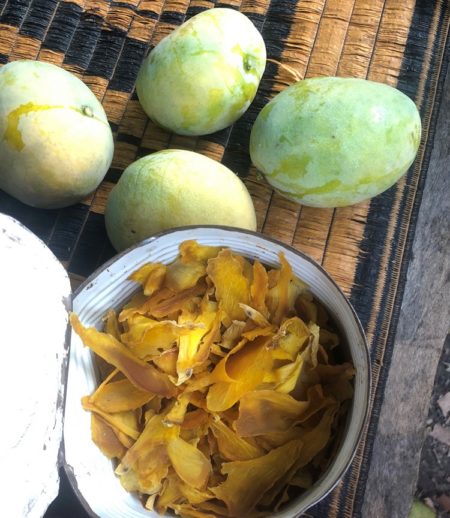
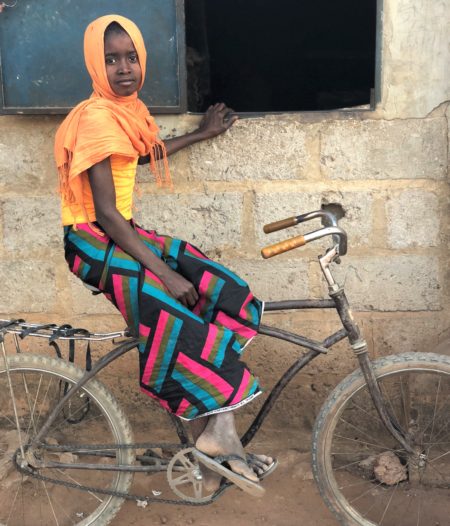
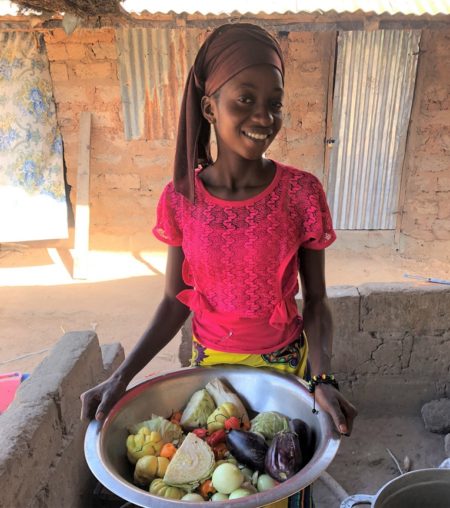
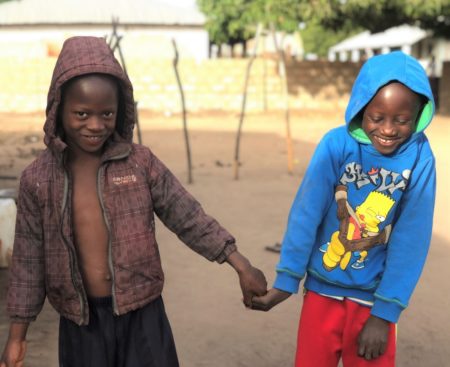
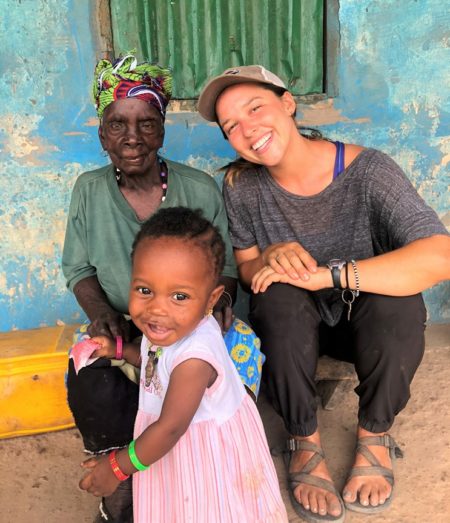
It’s the people, both Gambians and Peace Corps, that have made my experiences here in West Africa so worthwhile. As part of my Media Team job I have received so much great material and I appreciate Mary Franke for letting me highlight her stories. She can be reached at – mhfranke4@gmail.com and I have encouraged her to write a blog to preserve all of her adventures here in The Gambia.
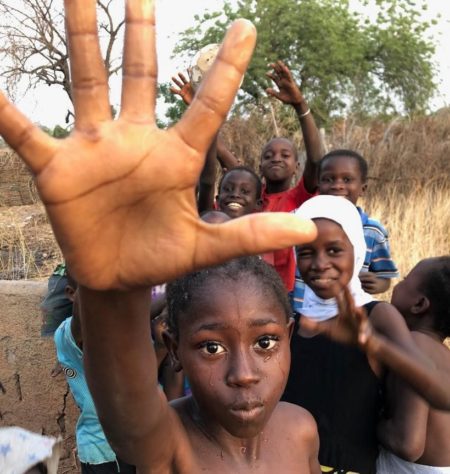
4 thoughts on “Mary”
Extremely interesting. Wish I was young enough to join.
Marianne
Extremely interesting. Wish I was young enough to join.
Thanks for sharing Mary’s story. Mary, I’m so proud (& envious!) of your great adventure. It took such bravery to do this- not only to go halfway around the world and leave your loved ones for a couple of years. But also to open your heart even more to life and possibility. Thanks for letting us have a glimpse into your experiences. What a rich and beautiful gift you’ve been given!
What an amazing story . Thank you for sharing this fabulous journey and great experience. I want some of that Moringa Powder. Keep doing great work, you truly inspire me .
Comments are closed.